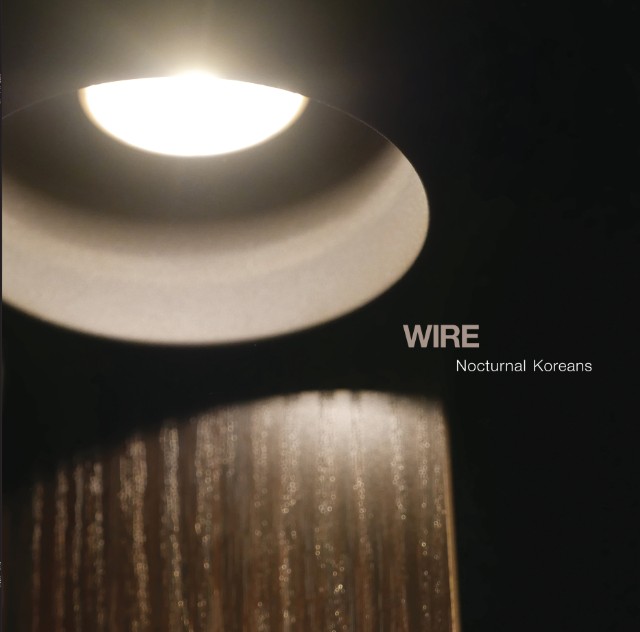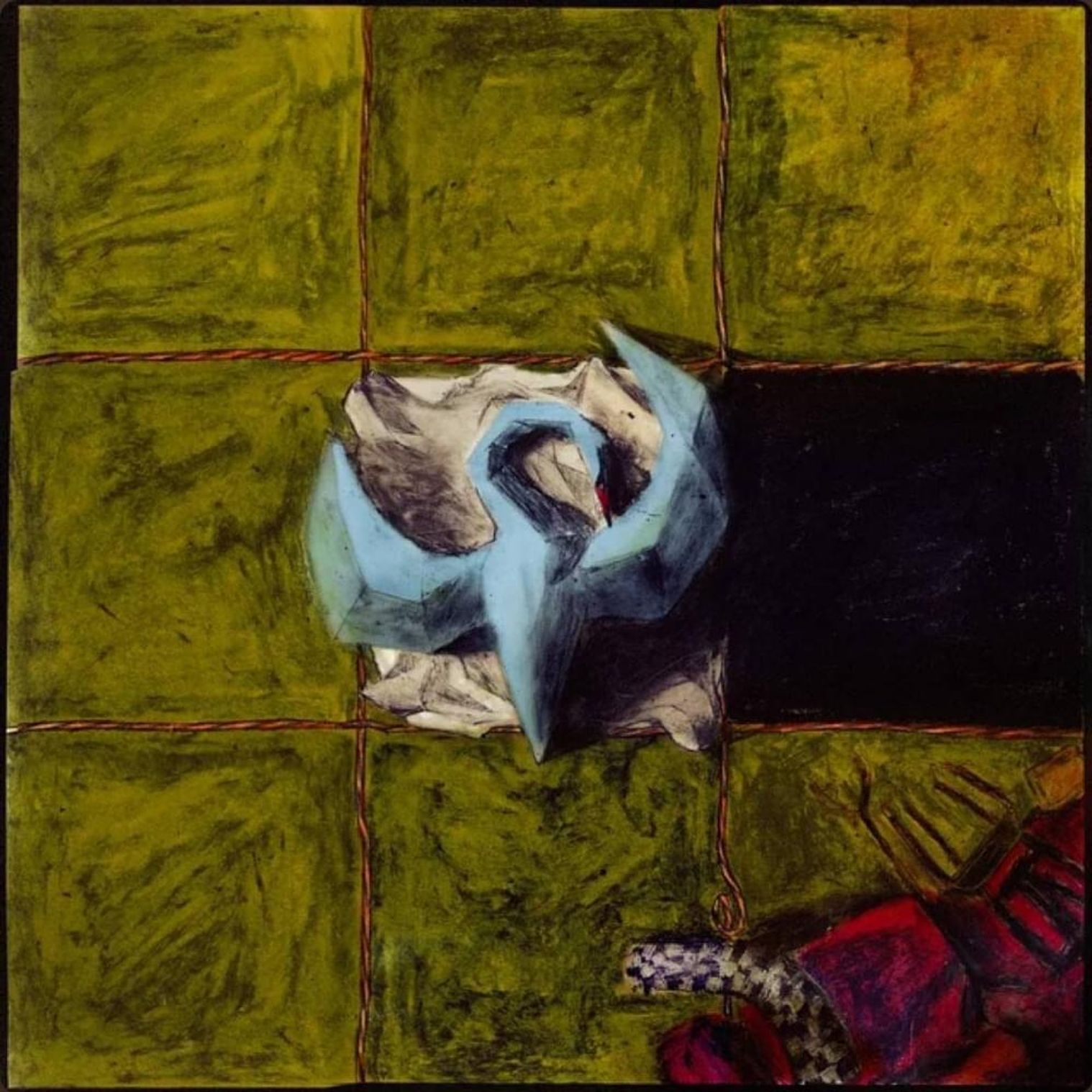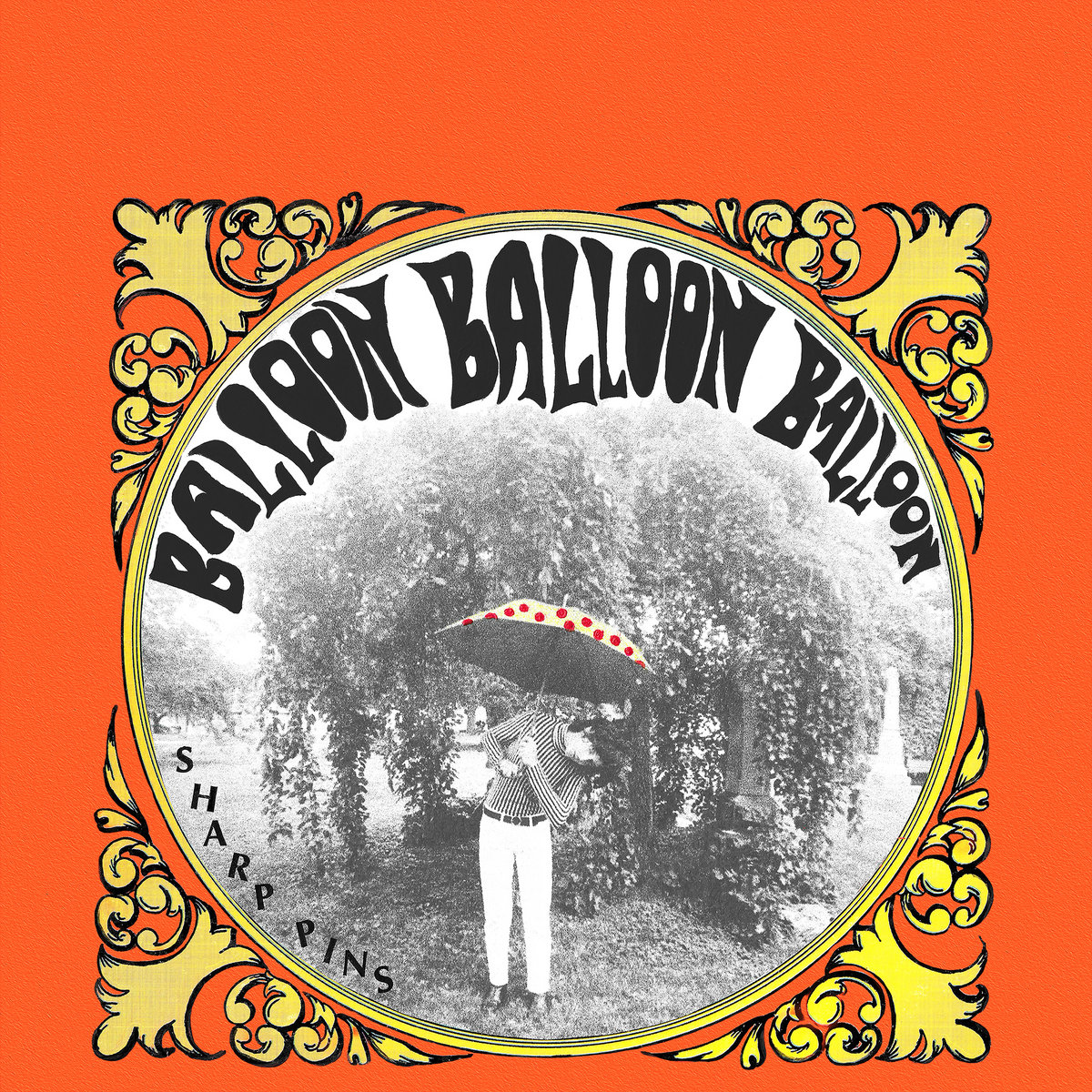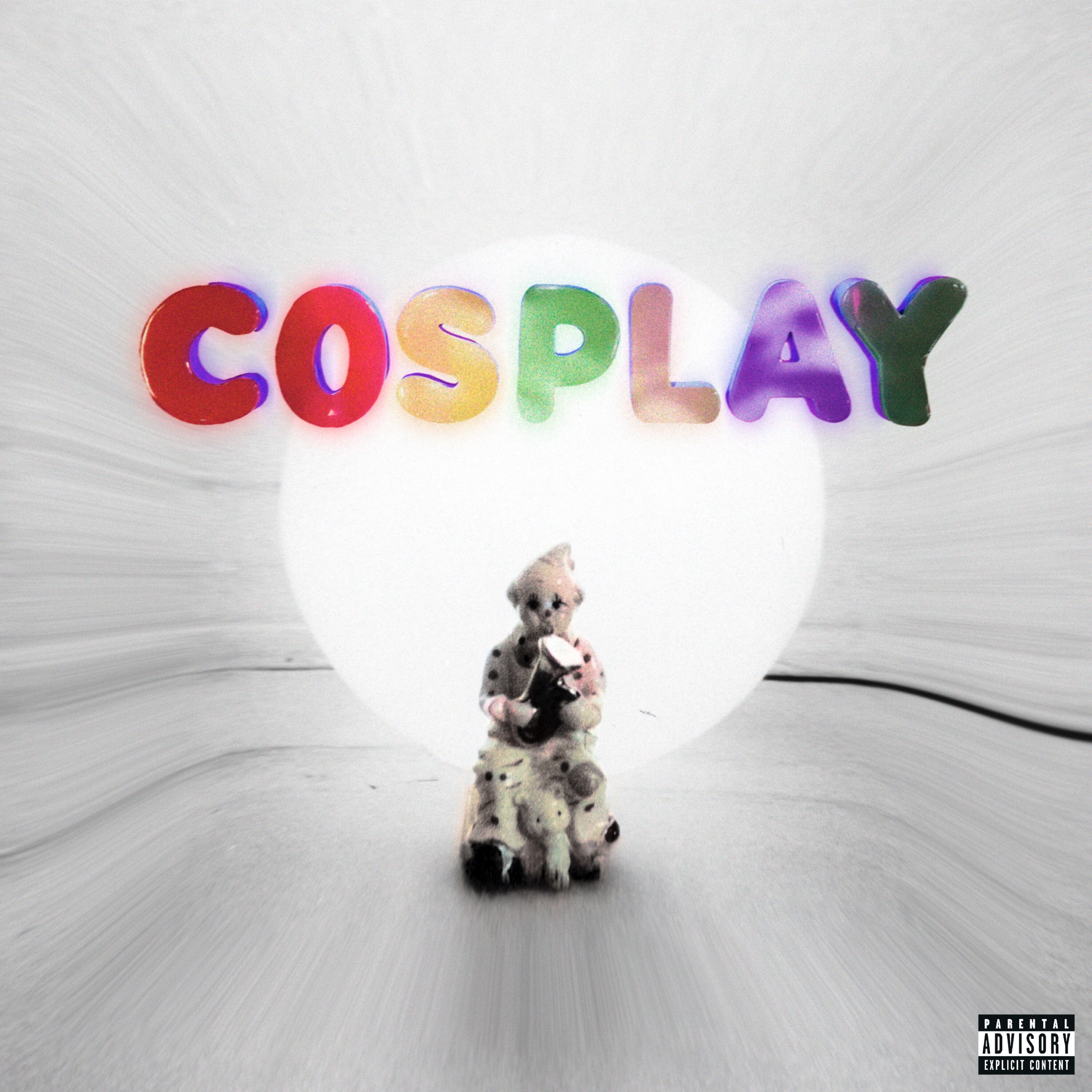My favorite Wire story is this: In 1987, 10 years into their existence, the British postpunkers were getting ready to tour America for the first time. This is a band whose first three albums were already well-established in the music-dork canon, so for plenty of fans, this would've been the first chance to hear those songs played live. Wire didn't want to play those songs live. They were a band who absolutely refused to repeat themselves, in any capacity, and at that point, they were into some dubbed-out synth-experiment stuff. So, as an opening act, they brought along the Ex-Lion Tamers, a Wire tribute band that happened to feature the rock critic Jim DeRogatis on drums. Every night, the Ex-Lion Tamers would play Pink Flag, Wire's beloved 1977 debut, in full. (Their only bits of stage banter: "Side one" at the beginning of their set, "Side two" halfway through.) And so with that out of the way, Wire felt free to play whatever the hell they wanted during their headlining set. They outsourced the greatest-hits formalities. They let someone else please the crowd.
Wire's continued existence is such a wonder. Nearly 40 years ago, as art-student aesthetes who'd been inspired by the spirit but not the racket of punk rock, Wire cranked out three close-to-perfect albums in three years, each of them the product of restless minds. With those three albums, they stripped away much of the staggering chaos of punk rock, leaving behind laser-precise riffs (including the one Elastica would bite for their biggest hit years later) and spartan, minimal textures. Their songs were short, almost abbreviated, but they never felt unfinished. They were sharp little shocks. This was a band that burned through ideas quickly, and bands like that are not supposed to last. But they did last. They never broke up, though they did change their name to Wir for a while in the early '90s, when drummer Roger Gotobed temporarily left the group. Gotobed, who now goes by his birth name of Roger Grey, is now back in the band, as are fellow original members Colin Newman and Graham Lewis. The only original member who's not still in the band is Bruce Gilbert, and even he didn't leave until 2004.
If Wire had broken up after that third album, they would be getting serious festival-money offers to reunite right now. They would've been getting them for years. But that didn't happen. Wire have been making music consistently for nearly 40 years, and while not all of it has been great, all of it has been interesting. And since about 2000, they've honed an already minimal sound to something like a science. Wire's last few albums have been mean, terse, damaging things, way more propulsive and ferocious than anything you'd expect a legacy band like this to be capable of doing. Just last year, they released a self-titled album that had a whole lot of hooks -- another thing they've always done well -- but also a lot of seething, barely contained energy. So it's striking to hear this band make something as pretty as Nocturnal Koreans. Maybe it shouldn't be striking, since this band has never sat in one place for long, but it is.
Nocturnal Koreans is, by Wire's standards, a slow and tender album. There are a few nervy, intense songs, like the album-opening title track. But most of it pulls back on both the speed and the edginess. Newman still sings in a conversational, heavily accented burr, but there's no snarl in his voice. Instead, he sounds like he's thinking back fondly on warm, distant memories. The guitars don't slash; they shade and texture. And here and there, some utterly lovely synth arpeggios decorate the landscape. All of this sounds warm and easy and natural, and it also registers as something totally contemporary. More than anything, the Wire of Nocturnal Koreans reminds me of Hot Chip if they completely lost interest in ever moving another dancefloor.
Nocturnal Koreans isn't about to overshadow Wire's first three albums, and it doesn't want to. It's not even trying to upstage something like Wire's ferocious 2003 album Send. It's a small album, less than half an hour long -- a check-in from a band that's been around forever, one that's in a contemplative mood this time around. In a busier week -- or maybe in a week I'd been given a proper promo of Always Strive And Prosper -- I might not be picking it as Album Of The Week. But we shouldn't take it for granted. Wire have been making uncompromising music for longer than I've been alive, and I'm old. They aren't getting rich off of it. They're releasing it on their own label. And now they've made an album of unexpected grace and beauty. On its own merits, Nocturnal Koreans is a quiet triumph. And in the context of Wire's career, it's the latest remarkable work in a long, long string of them.
Nocturnal Koreans is out 4/22 on the band’s own Pink Flag label. Stream it below.
Other albums of note out this week:
• A$AP Ferg's deranged party-rap odyssey Always Strive And Prosper.
• Andy Stott's hazy, glimmering Too Many Voices.
• Guided By Voices' all-Robert Pollard quasi-reboot Please Be Honest.
• Greys' pummeling post-hardcore blowout Outer Heaven.
• Dälek's noise-rap comeback Asphalt For Eden.
• Air member Nicolas Godin's solo debut Contrepoint.
• Yuck side project Parakeet's fuzzed-out debut KASA.
• Free Time's jangly, dreamy In Search Of Free Time.
• Katie Von Schleicher's avant-pop debut Bleaksploitation.
• Reptilian's bloodthirsty, catchy death metaller Perennial Void Traverse.
• Nikhil P. Yerawadekar & Low Mentality's jazz/Afrobeat fusion Everything Lasts Forever.
• Rufus Wainwright's conceptual trip Take All My Loves: 9 Shakespeare Sonnets.
• We Are Scientists supposed return-to-form Helter Seltzer.
• Lush's Blind Spot EP.
• Sorority Noise's It Kindly Stopped For Me EP.
• Patio's Luxury EP.






